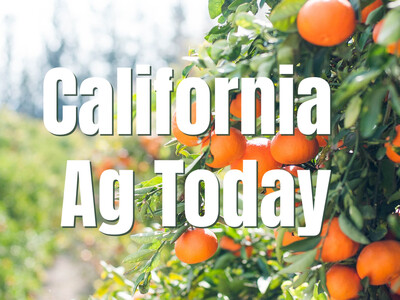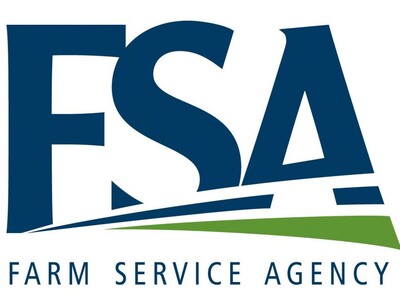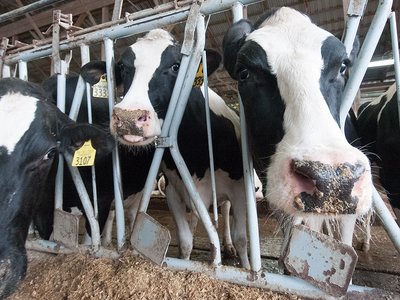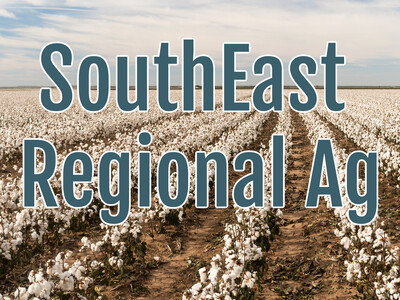USDA analysis says cap and trade benefits outweigh costs to ag
Farm and Ranch July 23, 2009 The USDA released an economic analysis Wednesday showing that the economic benefits to agriculture from cap and trade legislation will likely outweigh the costs in the short term, and that the benefits from offsets markets will easily outpace increased input costs over the long term. Testifying before the Senate Agriculture Committee yesterday, Agriculture Secretary Tom Vilsack explained how an individual farmer might be affected. Vilsack: “A Northern Plains wheat producer, for example, might see an increase of $.80 per acre in costs of production by 2020 due to higher fuel prices. Based on a soil carbon sequestration rate of 0.4 tons per acre and a carbon price of $16 per ton, a producer could mitigate those expenses by adopting no-till practices and earning $6.40 per acre. So, this wheat farmer does better under the House passed climate legislation than without it. And, it's quite possible that this wheat farmer could do even better if technologies and markets progress in such a way that allows for the sale of wheat straw to make cellulosic ethanol.” As for that example, some Pacific Northwest dryland wheat growers say no-till won’t work for them and research suggests straw shouldn’t be removed for cellulosic ethanol production on fields with yields under 50 bushels of wheat an acre. Vilsack said USDA recognizes that climate legislation will affect different landowners in different ways but that the department can help smooth this transition by using Farm Bill conservation programs to assist landowners in adopting new technologies and stewardship practices. I’m Bob Hoff and that’s the Northwest Farm and Ranch Report on the Northwest Ag Information Network.













